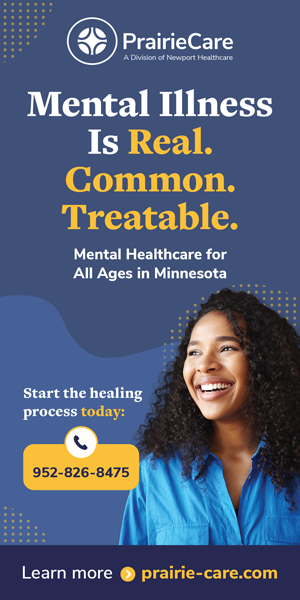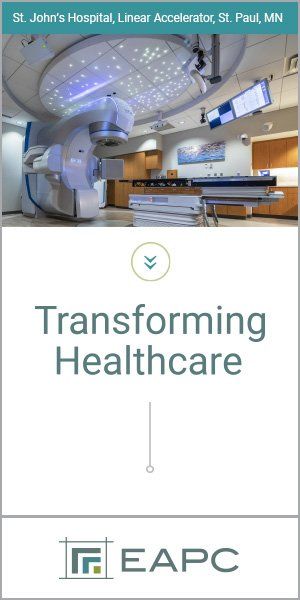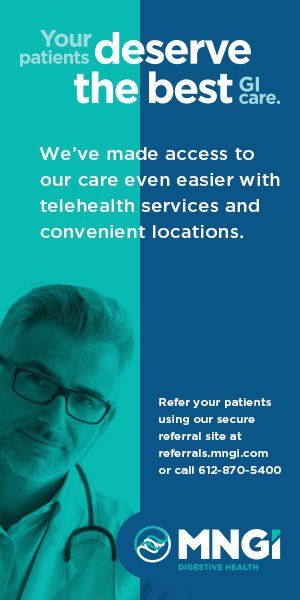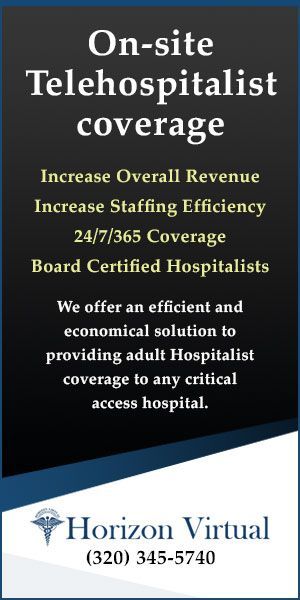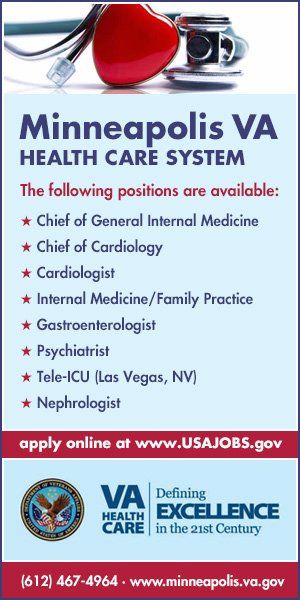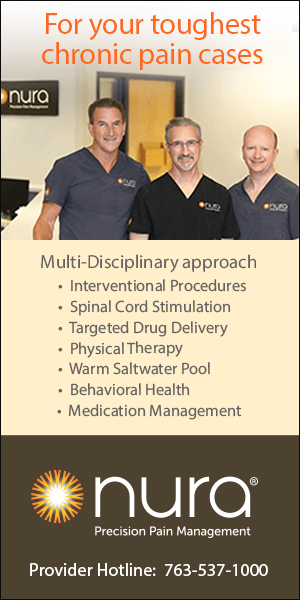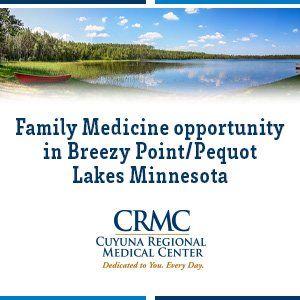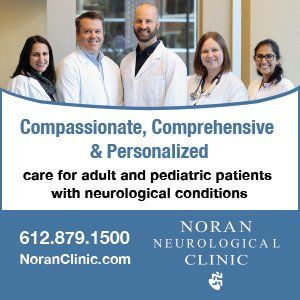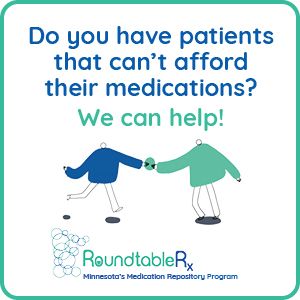t Planned Parenthood North Central States, we are proud to provide a broad spectrum of sexual and reproductive health care, including abortion.
Women’s Health
Patient Care Amidst Political Interference
Everyone can make a difference
BY Sarah Traxler, MD, MS, FACOG
It is more than two years since Roe, which established the federal right to abortion, was overturned, and the health care landscape is still constantly shifting. Patients are struggling. Providers are striving to make sure everyone can get the care they need. Yet while we will continue doing everything we can to make sure patients have access to abortion care, I can’t help but be frustrated. The post-Roe world is one of manufactured chaos and confusion. It is a world of unnecessary cruelty, a world that has exacerbated already abysmal health disparities.
Politicians, from the national to the state level, have wedged themselves into our exam rooms. Politicians have insisted on preventing patients from making personal, private medical decisions. The consequences of these bans for patients have been dire. Already, over twenty states have imposed bans on all or some abortions. That’s left more than 28 million women, transgender and nonbinary people who live in those states without full control of their bodies.
Embedded politicians are in our exam rooms.
Our Planned Parenthood affiliate, which has health centers in Minnesota, Iowa, Nebraska and South Dakota, is struggling to provide necessary patient care within the confines of an unstable patchwork quilt of bans and restrictions. In Iowa, a near total ban is in effect, banning care as early as six weeks, when embryonic cardiac activity is detected. In Nebraska, a twelve-week ban is in effect, an arbitrary cut off that blocks people from getting essential health care in their own state. And in South Dakota, a total abortion ban is in effect, forcing people to travel outside of their home state to get care. Across the region, neither patients nor providers have autonomy — one of the fundamental principles of medical ethics and what to me symbolizes a failure of the oath I took years ago when I first put on my white coat.
Understanding Misconceptions
I came to understand bodily autonomy after a long history of being antiabortion, and having a distorted point of view about abortion care, when a friend disclosed her abortion story to me. After hearing her and knowing her history, I knew that an abortion was the right decision for her, for her life, for her future. And it dawned on me — if she is making the right decision for herself, then there must be countless people also making the right decision for themselves. From that point, my awakening to understanding bodily autonomy and freedom grew to where I am today.
Since the fall of Roe, I’ve cared for patients from everywhere — from nearby states like South Dakota, North Dakota and Wisconsin and from far away states like Texas, Alabama, Wyoming, Florida and Oklahoma. I’ve seen patients who’ve flown from places like Louisiana only to find that their complex pregnancy condition kept them from being seen in a clinic like mine, forcing them to continue a dangerous pregnancy because hospital-based care was not available to them.
Picking up your life and going across state lines for health care isn’t easy. Traveling to access essential health care can be intimidating and overwhelming. One of our patients was forced to drive hundreds of miles through blizzard conditions to get an abortion. Another traveled from a small, rural town and became lost in downtown Minneapolis late at night with a dead cell phone. The Lyft driver who was able to pick her up was a life saver.
Our new abortion landscape is difficult, it is dangerous and it is putting patients and health care providers at severe risk. Across the country, stories are coming out in states where abortion is banned of patients being kicked out of emergency rooms and of patients dying because doctors, the medically trained experts, are forced to consult lawyers before they can provide medical care. I’ve talked to my colleagues practicing in states where abortion is now illegal, and they are unnecessarily struggling with how to provide ethical, proper medical care within the confines of dangerous bans. Many of them fear that their licenses or their freedom will be taken away for doing their jobs and providing life-saving care, even as they take extra precautions to stay within the letter of the law.
A Difficult Reality
Primarily, I provide abortion care in Minnesota, but I also travel to Nebraska to perform abortions because there simply are not enough providers there. Many physicians who do provide this care do not do it openly out of fear and the stigma they may be subject to from colleagues.
Before abortion bans were implemented in South Dakota and Iowa, I regularly traveled to those states to provide care, too. The atmosphere in our health centers drastically differs depending on state law, how embedded politicians are in our exam rooms and whether or not they have interfered in the patient–physician relationship.
In Nebraska, where abortion is accessible up to 12 weeks, the energy from our staff can only be described as stressed yet dedicated. We are seeing more abortion patients than ever — many from Iowa because of the dangerous and narrow restrictions in their state.
Our call center and patient navigators do their best to ensure that patients are not over the gestational limit when they book their appointments. But sometimes after an ultrasound we realize the patient is farther along than we thought. So we scramble to get them over to Minnesota or another nearby state so they can still get the care they need.
I had a patient who had to drive nine hours to get a medication abortion in Nebraska. NINE hours, just to get a type of health care that should be available everywhere. It’s simply ridiculous. And completely preventable.
There are mixed emotions in this work. Our patients who can be seen, either in their home state or across state lines, are grateful. Our staff continue to embody care and determination. And yet, there are also moments of feeling scared, scrambled and strained.
In Minnesota, we feel fortunate that reproductive freedom is protected. The energy at our health centers here is largely positive. We don’t have to walk on eggshells. We feel less fear, less stigma. We don’t have to turn patients away. We can do our jobs and provide care, as we trained to do for years, without thinking about unnecessary laws and restrictions.
To mischaracterize this for political gain is shameful.
Over the last two years, given the new and ongoing restrictions in the states surrounding us, our organization along with several others have worked tirelessly to expand access to abortion in Minnesota. We’ve renovated our clinics, hired more staff, expanded the number of locations where we provide medication abortion and worked to train new providers and advanced practice clinicians in abortion care. All these efforts have allowed us to serve more patients and expand access for patients across the state, region and country.
But we are also devastated. Devastated that rights are being taken away in other states. Devastated by the heartbreaking conversations and realities our patients face. Devastated that our neighbors are forced to travel to get care, or worse that they may never make it across state lines for the care they need. And devastated for colleagues who can no longer provide comprehensive care.
Maintaining Dedication
In addition to all that work, the unrelenting dedication to make sure patients get the care that is best for their bodies and futures, we are working in an environment where there is hostility and constant misinformation swirling around about what abortion care actually looks like. I read the news or turn on the TV just to be confronted with lies about my health care practice, the expert care I trained for years to provide.
\
Abortion is safe, effective health care. Abortion can be lifesaving health care. It is intrinsically connected to sexual and reproductive health care as a whole, contributing to healthy families and healthy communities directly. Having politicians in my exam room, when the best practices of medicine are clear, is beyond infuriating.
Contingency planning for politically motivated court cases is also enraging. Although access to mifepristone remains unchanged for now, we had to spend countless hours coming up with contingencies in case FDA approval was changed by the courts following a lawsuit filed by anti-choice activists. Mifepristone is safe and effective and has been used by more than five million people since the FDA approved it more than 20 years ago. Millions of people rely on medication abortion care, and it currently accounts for nearly two-thirds of all abortion care provided in the United States. For medication abortion, mifepristone and misoprostol used in conjunction are the standard of care. There have also been misinformation and lies spread about abortion later in pregnancy, which deeply saddens me. The inflammatory misrepresentation insults and belittles the lives and experiences of people and families who have faced these often-fraught decisions. It is cruel and unfair the way perinatal palliative care has been mischaracterized, demonized, and used as political fodder. As an OB-GYN, I have been present, held space, and mourned with families when they are faced with such tragic pregnancy outcomes. To mischaracterize this for political gain is shameful and merely speaks to a fundamental lack of knowledge and expertise — clearly by people who should not be making medical decisions.
For my OB-GYN colleagues in hospitals who experience this most often, these lies go beyond the pale. These scenarios are complex and often tragic. Thus, doctors and their patients need every option available to them, including abortion. In the end it is as simple as this: at no point in pregnancy is a politician more qualified to make health care decisions than a patient and her health care provider. But the people spreading this misinformation have one goal in mind: to push safe, legal abortion care out of reach for everyone.
Beyond immediate impacts on abortion care, overturning Roe has created ripple effects on the entire health care system. States with the most abortion restrictions tend to have poorer health outcomes for women and children than other states, including higher rates of maternal and infant mortality. Moreover, evidence shows that when people are denied abortions, their long-term well-being and that of their children, if they have them, suffers. That burden falls disproportionately on Black, Latino, Indigenous and rural communities. Health care access is not the same for everyone, and while the fall of Roe has made it more transparent, the system has been unfair for quite some time.
Equal Rights for All
Everyone has a right to health care. Your ZIP code shouldn’t dictate the care you can access. So at Planned Parenthood we’ll keep working until we live in a world where everyone can access the care they decide is best for their future, and their body, in their own community.
We say abortion is health care all the time because we see it every day. We see it in the consequences of people being denied abortion care and the ripple effects banning abortion has had on the health care system. We see it when someone makes the best decision for their lives and feels free. I see it in my exam room, where I trust patients to be the experts of their own lives and bodies.
The decision about whether, when or how to become a parent is one of the most important life decisions we make. When people can make decisions throughout a pregnancy that are best for their lives, families thrive, and we build communities where each of us can participate with dignity.
We’re working across the region to provide care, and it’s going to take everyone working together to bring about a world where all people have access to health care, including abortion. Everyone can play a role in making this care accessible, and providers play a critical role. With our medical expertise, we can have conversations with neighbors and friends to destigmatize abortion, combat misinformation and emphasize the importance of personal medical decisions being left between doctors and their patients. We’re at a moment in time where everyone can make a difference. A better world is possible, and we have a duty to build it.
Sarah Traxler, MD, MS, FACOG, is the chief medical officer at Planned Parenthood North Central States.
MORE STORIES IN THIS ISSUE





















